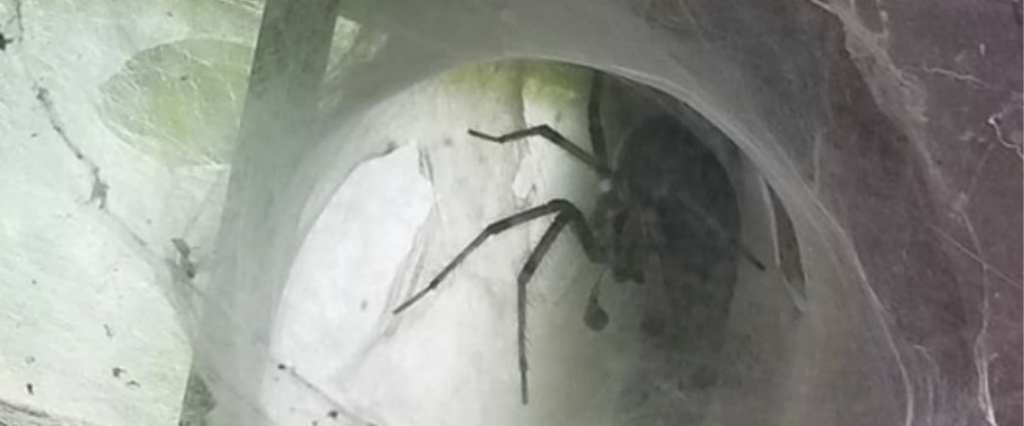Plenty of people are afraid of spiders, but if you can get past their kind of scary appearance and the fact that a few of them have poisonous bites, there are more than a few ways that they contribute to the well-being of human society.
Spiders reduce insect populations in and around your home, they keep pests from ruining gardens and commercial crops, and now scientists are analyzing the chemicals in their venom in the hopes they could be building blocks for medicine to treat everything from pain to muscular dystrophy.
https://www.instagram.com/p/BzLHjzmDQZU/
Recently, scientists in Australia made a promising discovery about one particular chemical compound found in a funnel-web spider’s venom – that it can potentially fight skin cancer cells.
University of Queensland researchers began studying the spider (the Hadronyche infensa) when the venom of a similar Brazilian species (the Acanthoscurria gomesiana) was discovered to carry a peptide called gomesin that has been proven to have cancer-fighting abilities.
https://www.instagram.com/p/BpA9wgAlHDr/
They tested the peptide on human melanoma cells and totally destroyed the majority of them; in mice, the peptide also slowed the growth of melanomas, and it killed facial tumor cells in Tasmanian devils, as well (this is good news for Tasmanian devils, which are being decimated by a contagious facial cancer).
Scientists were able to increase the potency of the peptide by adding or changing amino acids, giving credence to the idea that the venom compound really could one day be able to be used to fight skin cancer in humans.
https://www.instagram.com/p/BzDVlcTJg1r/
The downside (at least for Australians) is that the funnel-wed spider is so poisonous – and some even have fangs that can pierce fingernails! – that a bite can spell death for a human in under 15 minutes. If you’re curious how a spider gets milked, check this out:
Just, maybe don’t try milking one of these bad boys at home.






